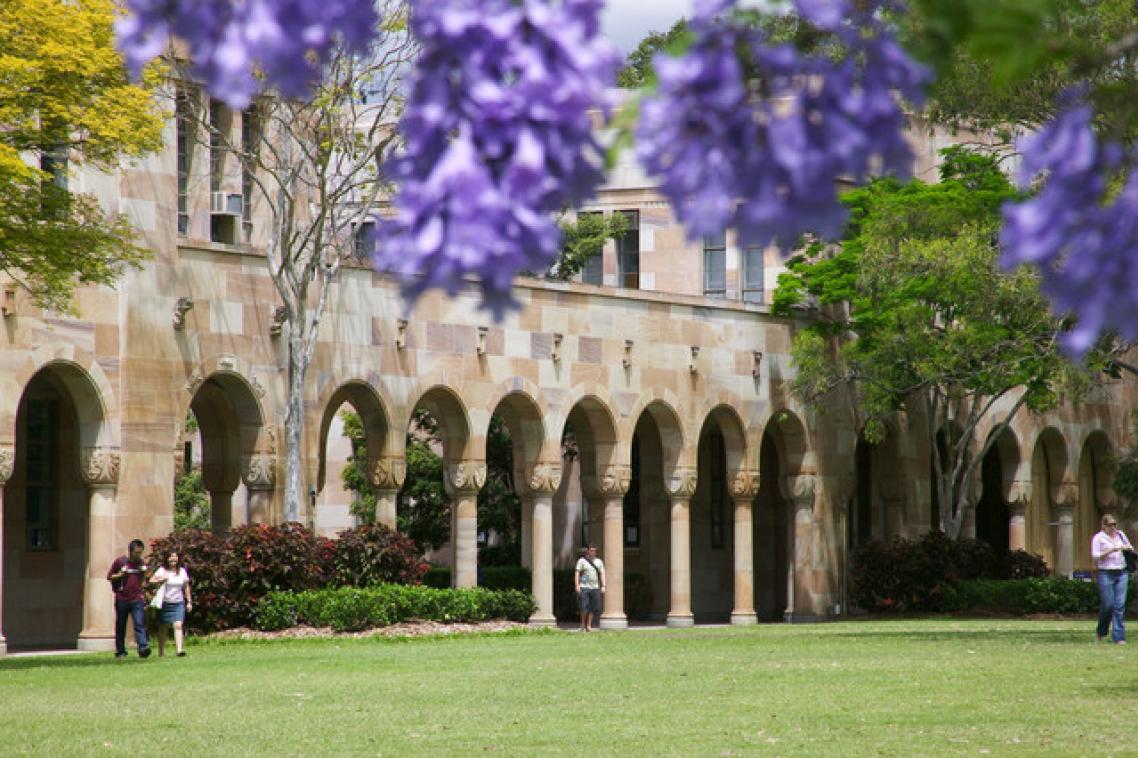Rumours revealed
You may think rumours are just something you share over a coffee in the tea room but a University of Queensland researcher is discovering they have more power than we give them credit for especially in the workplace.
While most rumours are harmless, many lead to negative consequences such as loss of reputation, reduced trust in other people or institutions, racial discord and even financial impacts such as running public relation campaigns, a fall in stock prices or possible law suits.
It is this harm that rumours can do to companies and organisations that is the focus of research by Dr Prashant Bordia, a senior lecturer with UQ’s School of Psychology.
He has won a $55,000 UQ Foundation Research Excellence Award to enable him to continue his important work.
“Rumours can damage reputations, erode trust and create panic and are especially rampant during organisational change,” Dr Bordia said.
“They often pre-empt formal announcements by management, predicting the nature of the change such as mergers or allege dire consequences for employees like lay-offs.”
“I also want to look at why rumours are largely negative and the motives associated with that and how organisations can manage their spread.”
He said previous research had shown harmful corporate rumours are heard almost once a week and can cause businesses to lose consumer confidence, market share and stock value.
“They are more than just rumours, they are how we make sense of our world and we act on them, have faith in them and often live by them,” he said.
“In spite of the importance of rumours in this respect, there is very little research in this area.
“By gaining a greater understanding of the way we deal with rumours we can become better consumers of information as individuals as well as finding better ways for organisations to deal with their impact.”
Dr Bordia, who has been studying the nature of rumours for the past eight years especially their prevalence on the internet, said rumours are less likely to arise when information is readily available, when groups trust each other, when people do not feel under threat.
“Information has always meant power such as preparing to ward off the next attack on your village or to know when to buy and sell your shares, the one in the know comes out ahead,” he said.
“Desperate to know, we become susceptible to rumours but in trying to calm our anxieties and uncertainties, we may latch on to falsehood.”
Media: Videos and still photos are available at www.uq.edu.au/news/researchweek or for more information contact Dr Prashant Bordia (telephone 07 3365 6423) or Andrew Dunne at UQ Communications (telephone 07 3365 2802).
Related articles

UQ professor joins WHO advisory group on alcohol and drug use

Crown-of-thorns control boosts coral growth in a warming world
Media contact
UQ Communications
communications@uq.edu.au
+61 429 056 139
